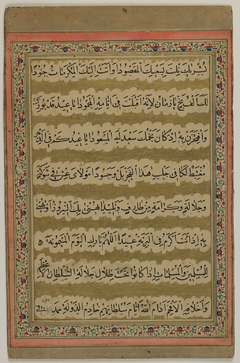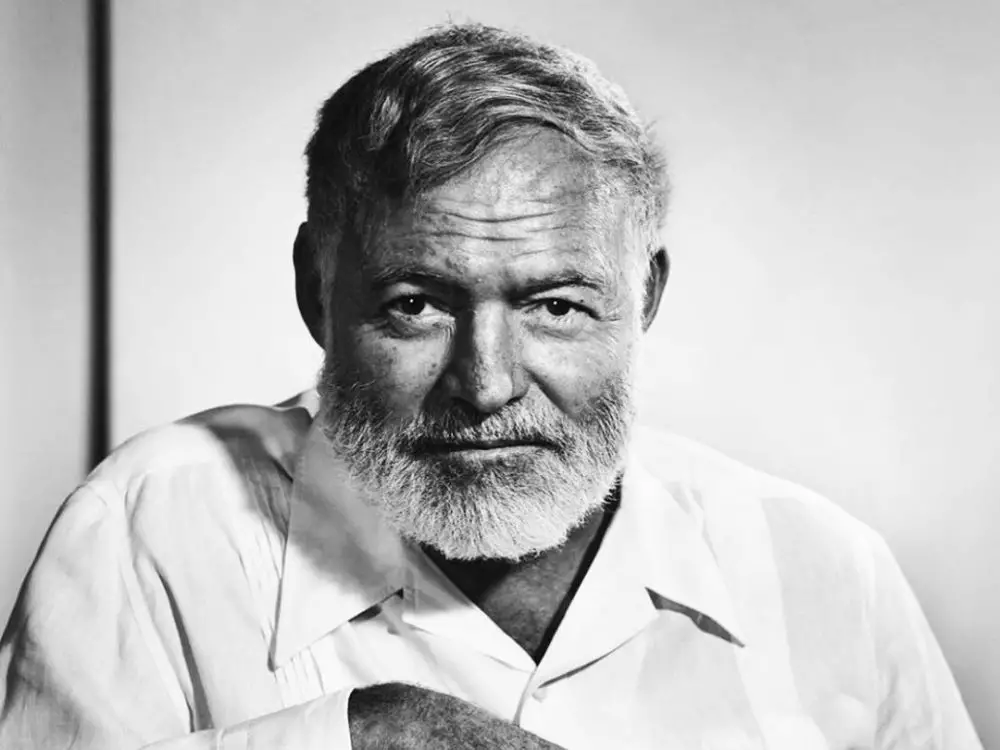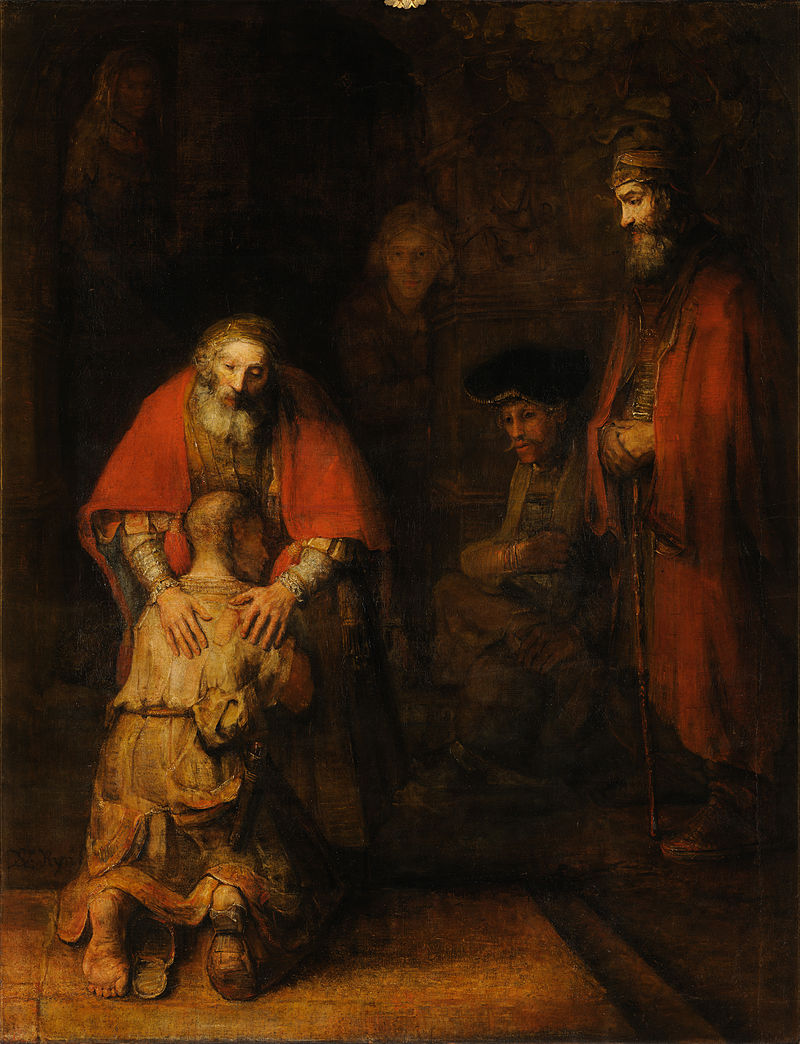Early in his ground breaking Civilization and its Discontents, famous psychoanalyst Sigmund Freud observes that, "If the believer finally sees himself obliged to speak of God's 'inscrutable decrees,' he is admitting that all that is left to him as a last possible consolation and source of pleasure in his suffering is an unconditional submission."
Whatever else we may think about Freud, we must acknowledge that in this sentence he has captured the heart of faith. He is observing that, in the end, the believer in God must balance what she understands to be the ultimate inscrutability of God's actions with what she also understands to be his steadfast love for all human beings. Then to trust, in the absence of complete understanding, the fact of this love.

Even in the face of suffering. Even in the face of not always knowing.
And even when we cannot see.
Faith isn't easy.
If we trust someone, however, we place our hopes unreservedly in that someone. We unconditionally submit to the good of that person's role in our life.
In the end, that's all that God is really asking us to do.
Thanks, Dr. Freud, for reminding us of what faith most is.
By the way, I'll be traveling for the next week or two. Talk to you when I return. Thanks for reading!










